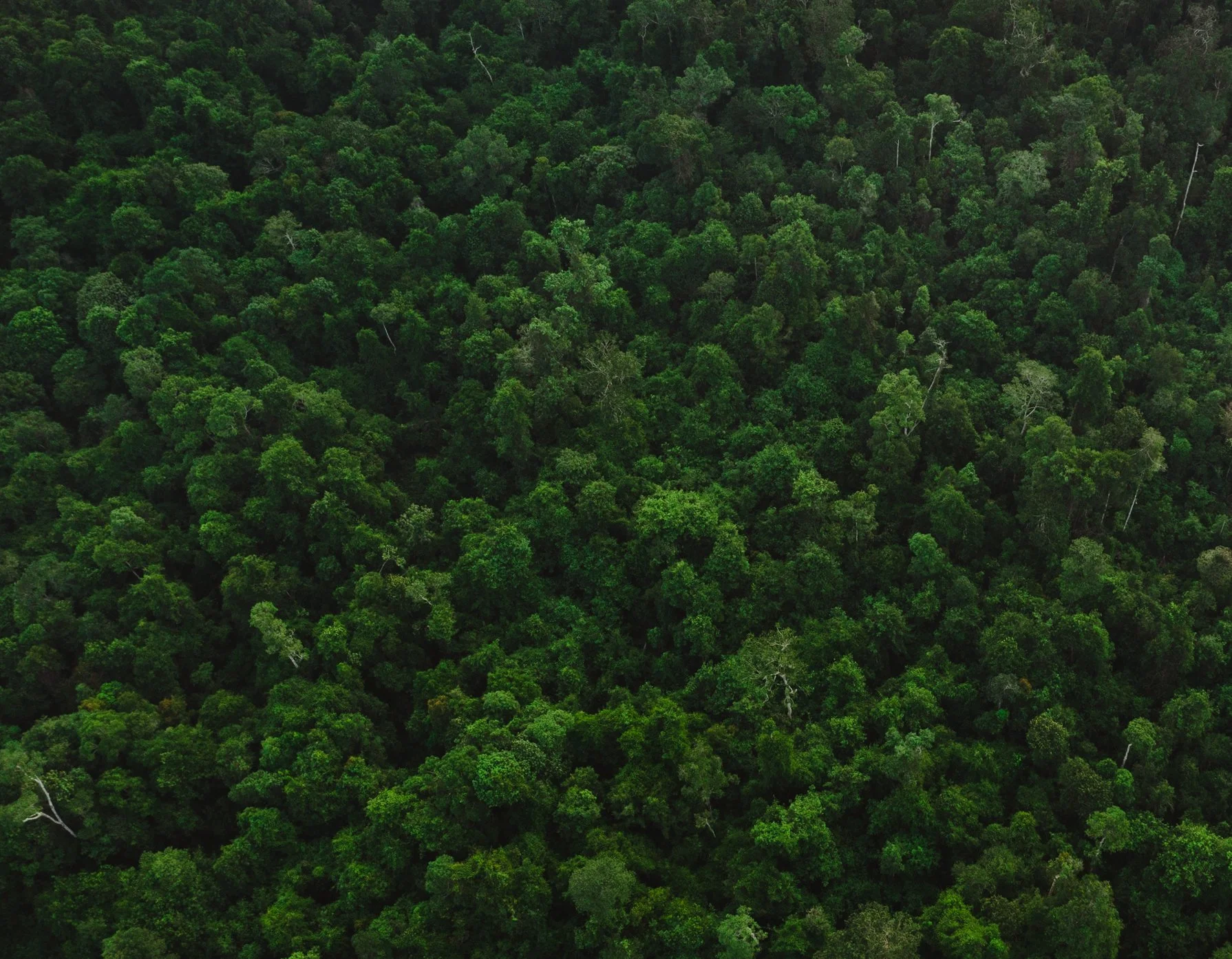
Last minute spot available for our sold out 2025 expedition!
Due to a last minute cancellation, we have one remaining place to join us in Borneo this year.
Fill out the booking form to inquire.
Photograph the orangutan and countless other species; learn about the forest ecosystem with our local conservation partner, and immerse yourself in the sights and sounds of the jungle.
-
When?
- April 5 - 13, 2025 | SOLD OUT
-
Where?
Tanjung Puting National Park, Central Kalimantan, Borneo (Indonesia)
-
Group Size?
Maximum of 7 guests.
-
Costs?
6100€ per person.





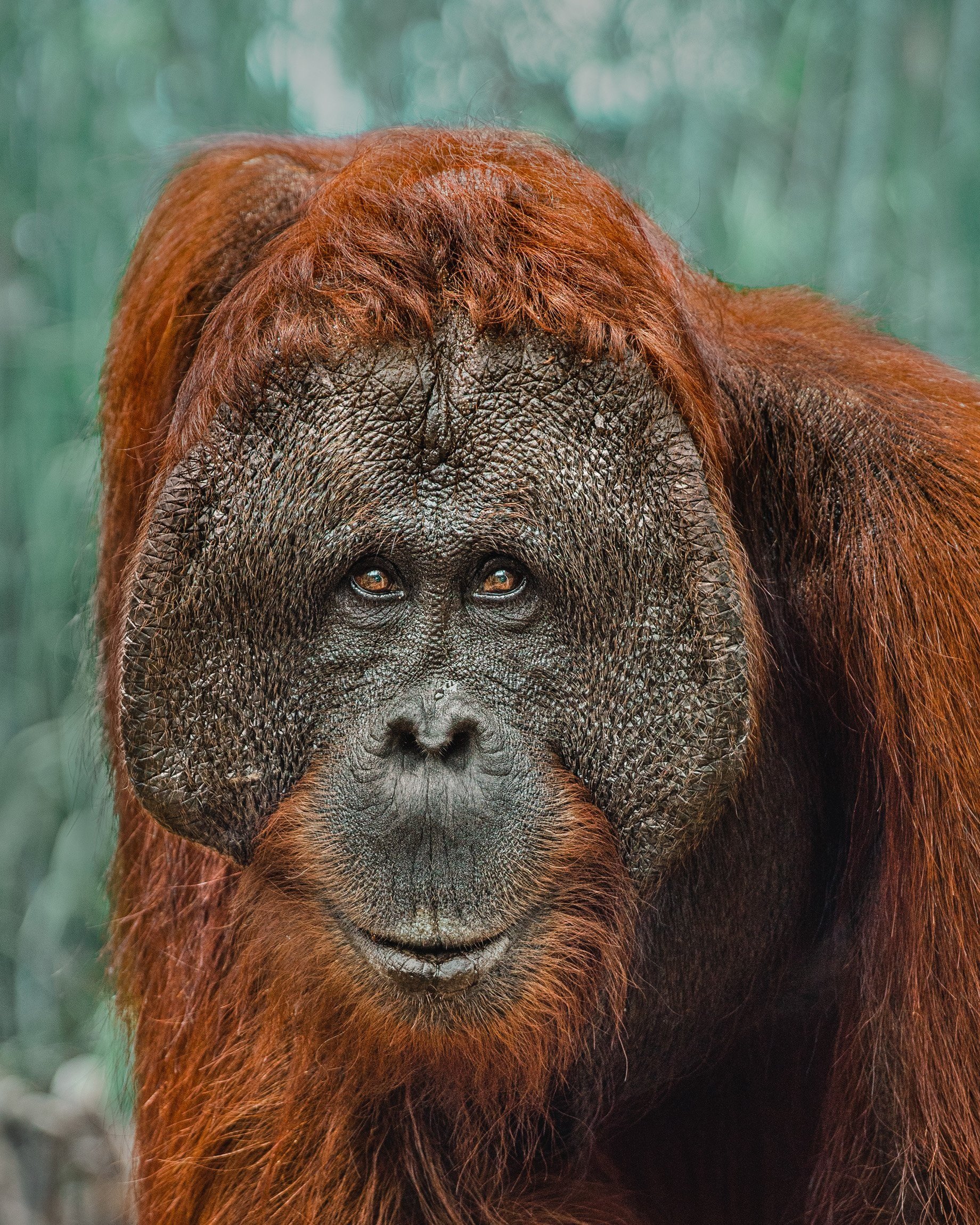
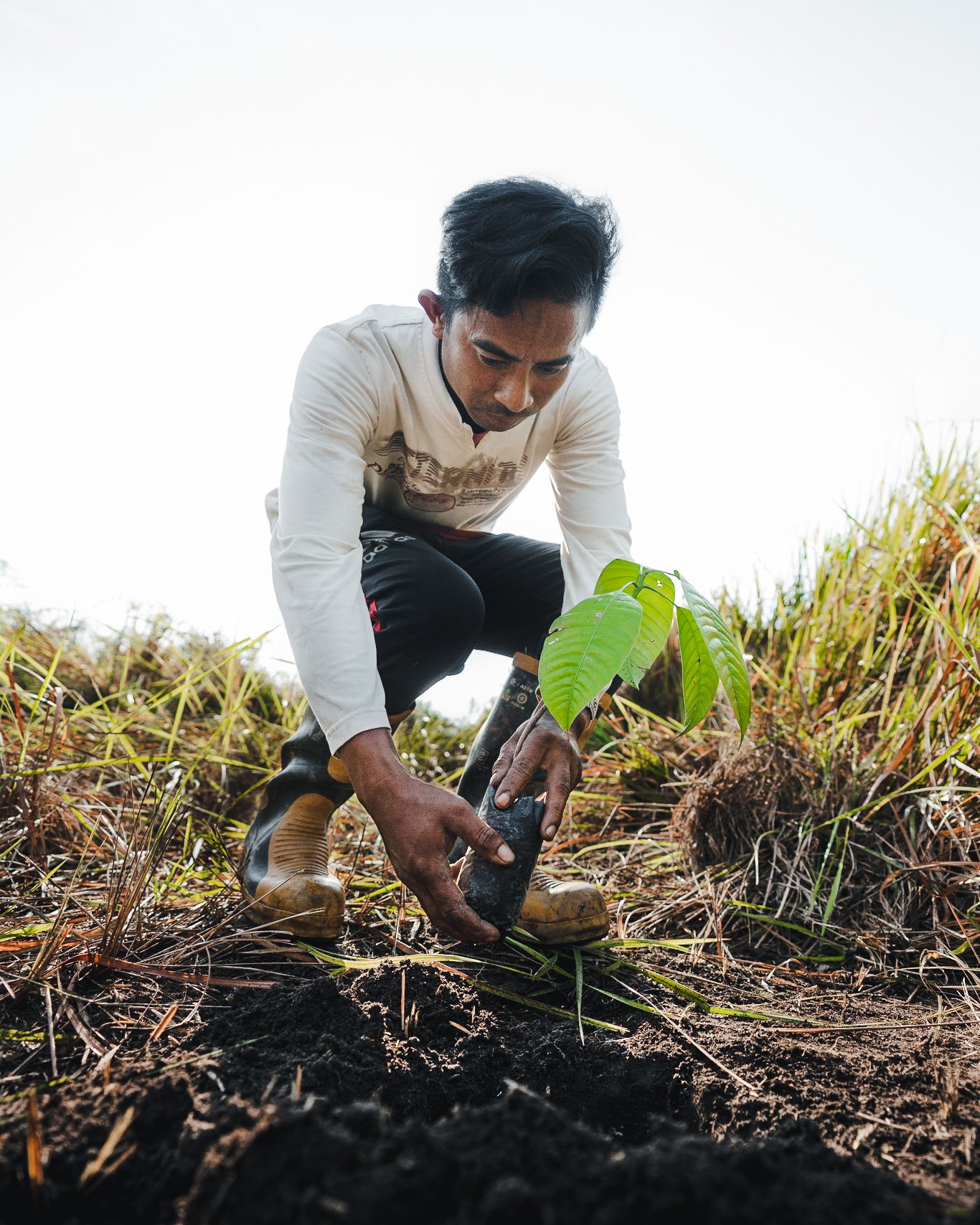
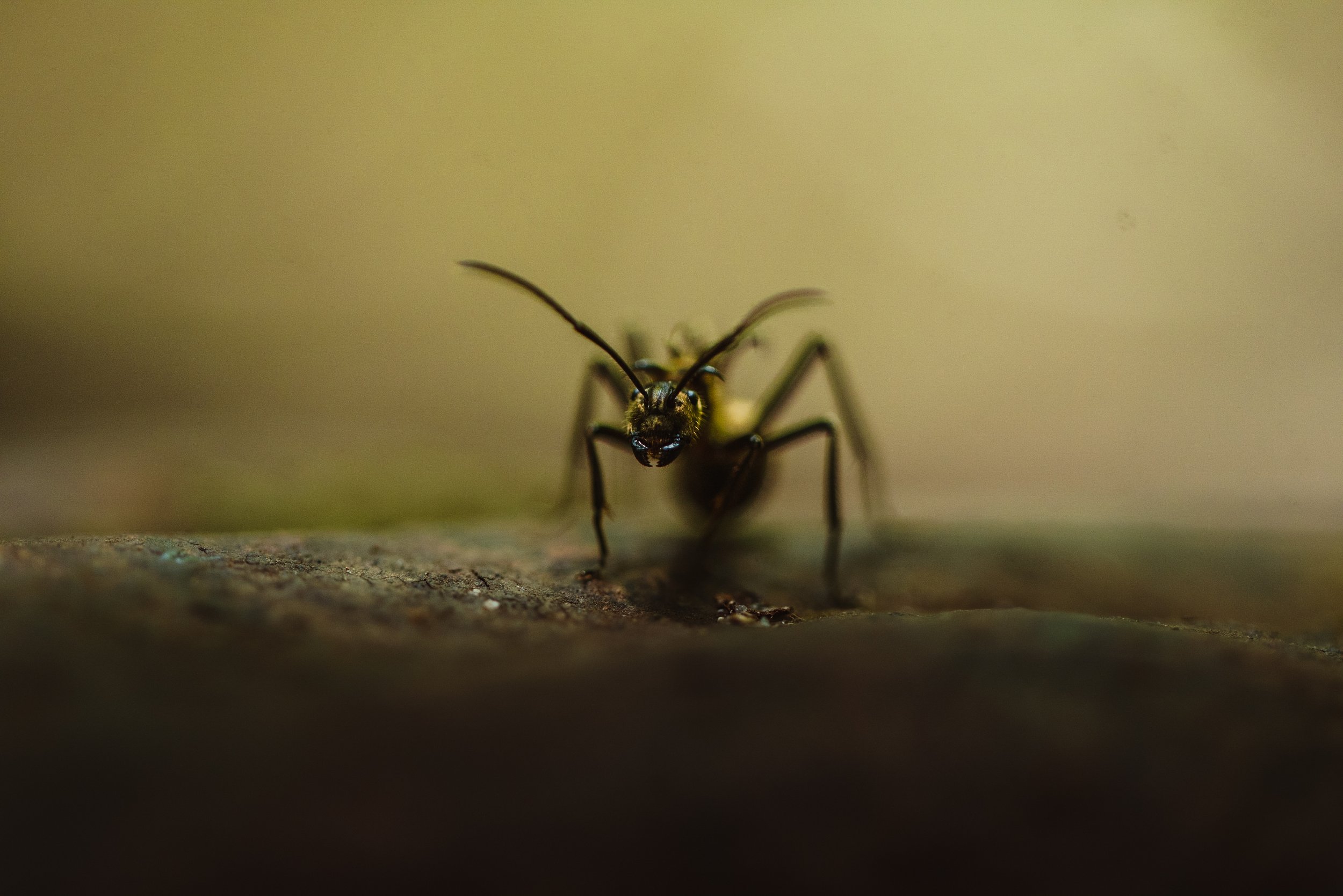

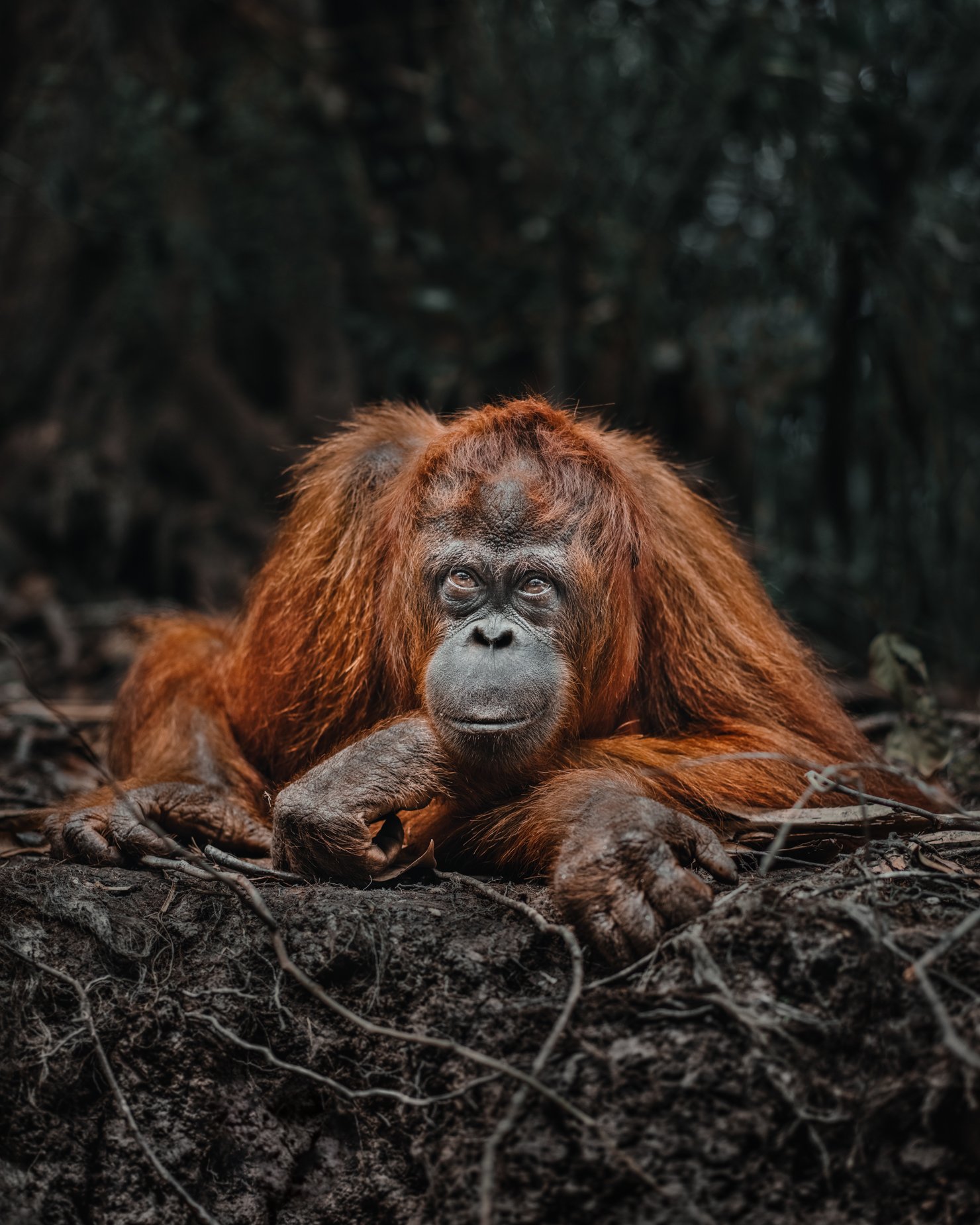






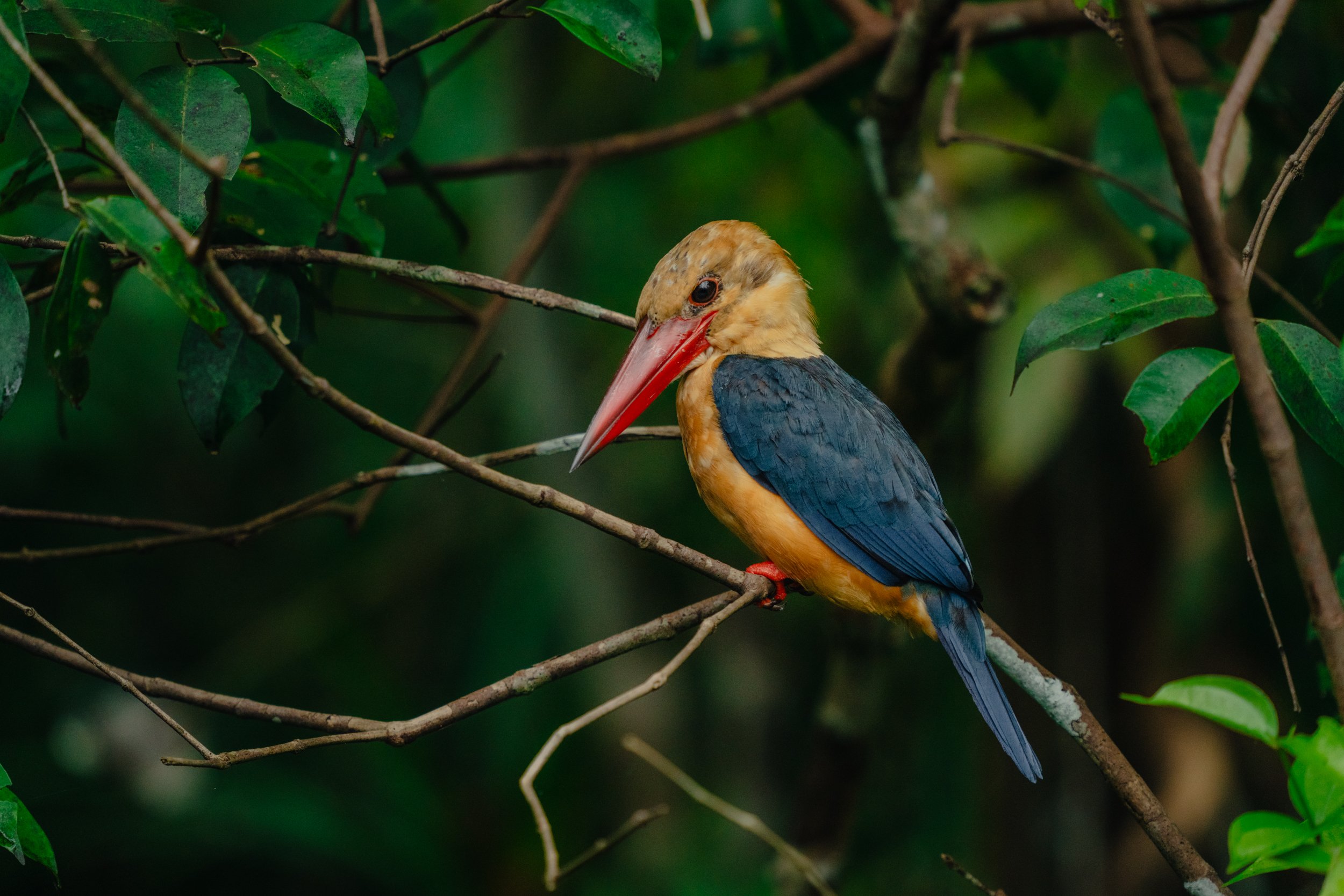
“For the 2nd year running, this trip is inspired by the month that I spent in Borneo in late 2019 documenting the conservation activities of Friends of the National Parks Foundation (FNPF) and their mission to protect and restore the jungle ecosystem in and around Tanjung Puting National Park. This expedition will inspire in you a new appreciation for the forest and fresh way of looking at nature.”
-Donal Boyd - Founder Atlas 1 Expeditions
Expedition Overview
Central Kalimantan in Southern Borneo, Indonesia is one of the best places in the world to observe and photograph the Orangutan, to connect with the incredible biodiversity of the forest ecosystem, and to learn about the importance of protecting the jungle biome.
During this 8-night, 9-day trip you'll be staying on a private house-boat along with your guides, 7 other like-minded guests, and our local professional wildlife guide - fondly known as Bain, from Orangutan Trekking Tours.
Over the course of the trip you will:
Photograph not only the Orangutan, but countless other wildlife that call the forest home.
Discover a new way to connect and appreciate nature through photography.
Revolutionise your approach to photography through personal instruction both in the field and in the editing suite.
Cruise the waterways surrounding Tanjung Puting in our floating accommodation.
Adventure to a few of the more specific locations of the jungle via speedboat or longboat.
Trek on foot through the dense forest in awe of the incredible biodiversity as we search for Orangutan and other wildlife.
Experience a different side to the forest during a night walk.
Get your hands dirty while we learn about and assist with reforestation practices with our good friends at Friends of the National Parks Foundation (FNPF).
Tanjung Puting National Park
More than 3000 square kilometres, Tanjung Puting National Park is a dense mosaic of diverse lowland habitats. Countless rivers flowing out to the Java sea from the inland intersect swampy terrain, dense jungle, and diverse vegetation. The National park is best known for the Orangutan, but there are countless other animals, such as the clouded leopard, civet, Malaysian sun bears, and many other species of monkeys and mammals. Not to mention more than 230 species of birds, countless reptiles, butterflies, plants, and more!
Your Guides
-
Photographer, conservationist, filmmaker and co-founder Atlas 1 Expeditions
Howdy, Donal here. I'm really excited to host you in Borneo and I can't wait for you to be fully immersed in the jungle. Since my first visit in 2019, I've continued to keep in close contact with my friends who live in and around the forest and I can't wait to introduce you to all of them. Human and animal alike.
I'm most excited to share with you the wonders of the jungle. The sounds, the smells, and the enchantment, which are sure to change your perspective of life on Earth forever.
During this trip, you'll learn not only photography, but also gain special insight into what it takes to protect the jungle ecosystem through FNPF's reforestation program and the local insight that Bain will offer throughout our time together.
-
Producer, editor and co-founder Atlas 1 Expeditions
Hi friend, Emma here. This will be my second time in the jungle of Borneo - my first being the pilot of this experience in April 2024 - and I can’t wait to go back. Nothing can quite prepare you for the sounds and the vibes of the jungle, it’s an immersion like no other.
Tanjung Puting is a fascinating place, not only due to the wonders of its wildlife, but also the stories of the people protecting the ecosystem. I’m so excited to introduce you to the passion of the local communities and to help you gain a deeper understanding of the dynamics at play.
Join me in Borneo and let’s tell the stories of the rainforest together!
Our Local Partner
We proudly partner with Orangutan Trekking Tours, a local tour provider specialised in hosting photographers. OTT is founded and managed by Bain, who will personally guide both expeditions.
“Hello! Bain here, you know… I spent my childhood exploring these forests, developing a love for this wonderful land and the animals that live within it. As my knowledge and skills grew I knew that I wanted to somehow help with the protection of this delicate habitat.
I now feel lucky enough to have spent 7+ years working in the Camp Leakey National Park, in Tanjung Puting and during this period I have worked with the Orangutan Foundation International and the Orangutan Foundation UK as an Observations and Conservation Ranger.
I have set up this tour guiding experience with the interest of the local communities at its core, promoting their welfare as well as showcasing the plight of the very precious Orangutan and the rain forests of Kalimantan.”
Shoulder Season
April in Borneo is ideal because it is a much quieter time in the region, well before the high season begins when National Park has many more visitors. We'll have much better opportunities for intimate and relaxed wildlife sightings, ideal for your first time in the jungle. We’ve also chosen to host this workshop in April because this is when the vegetation is lush and the longer rains have mostly ceased.
There is however a very likely chance we will still have the opportunity for jungle showers, which breathe life into the ecosystem - a highlight of any visit to a proper rainforest. This time of the year is also ideal for photography, as there's variation in the lighting throughout the day, which makes for both atmospheric and serene backdrops.


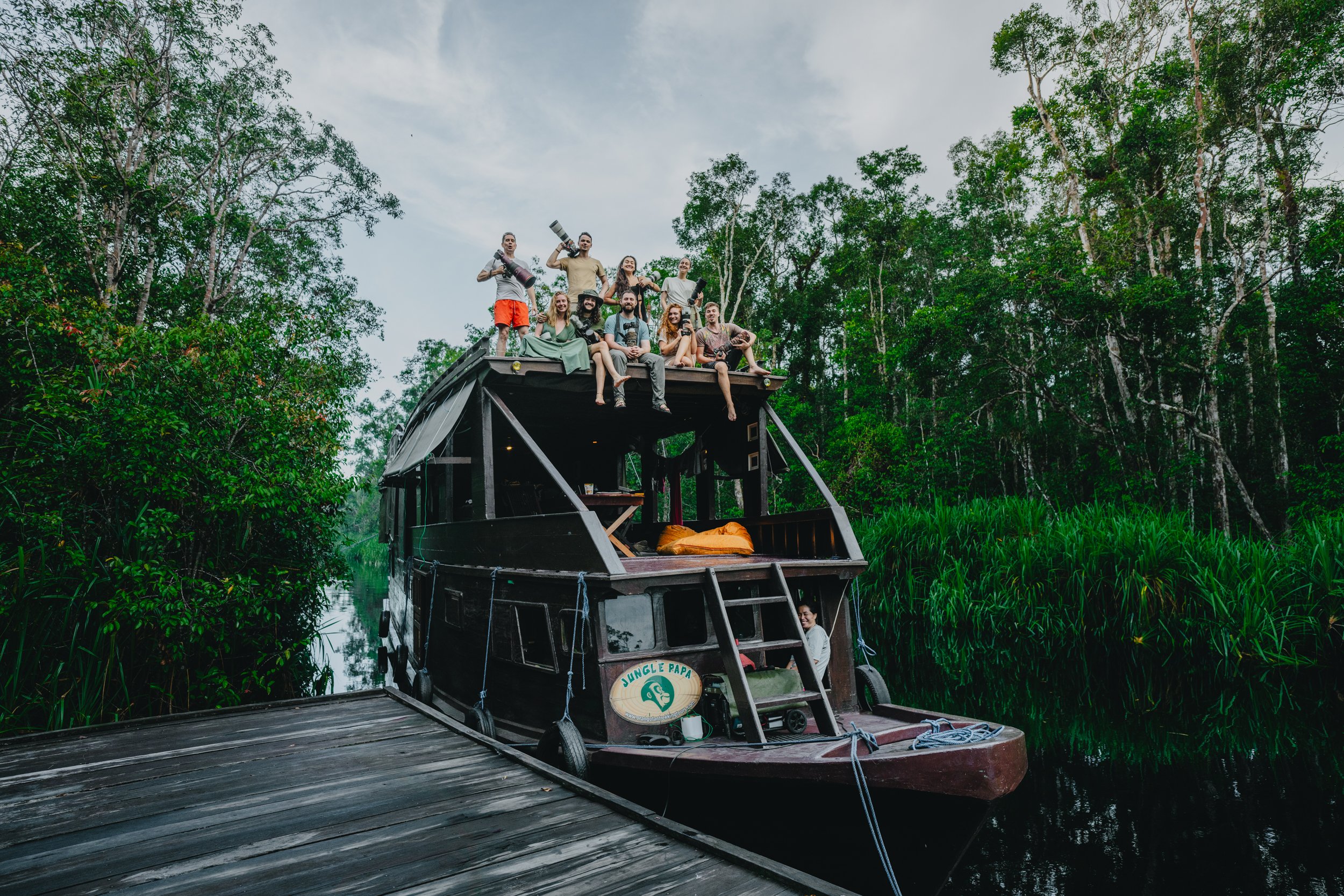
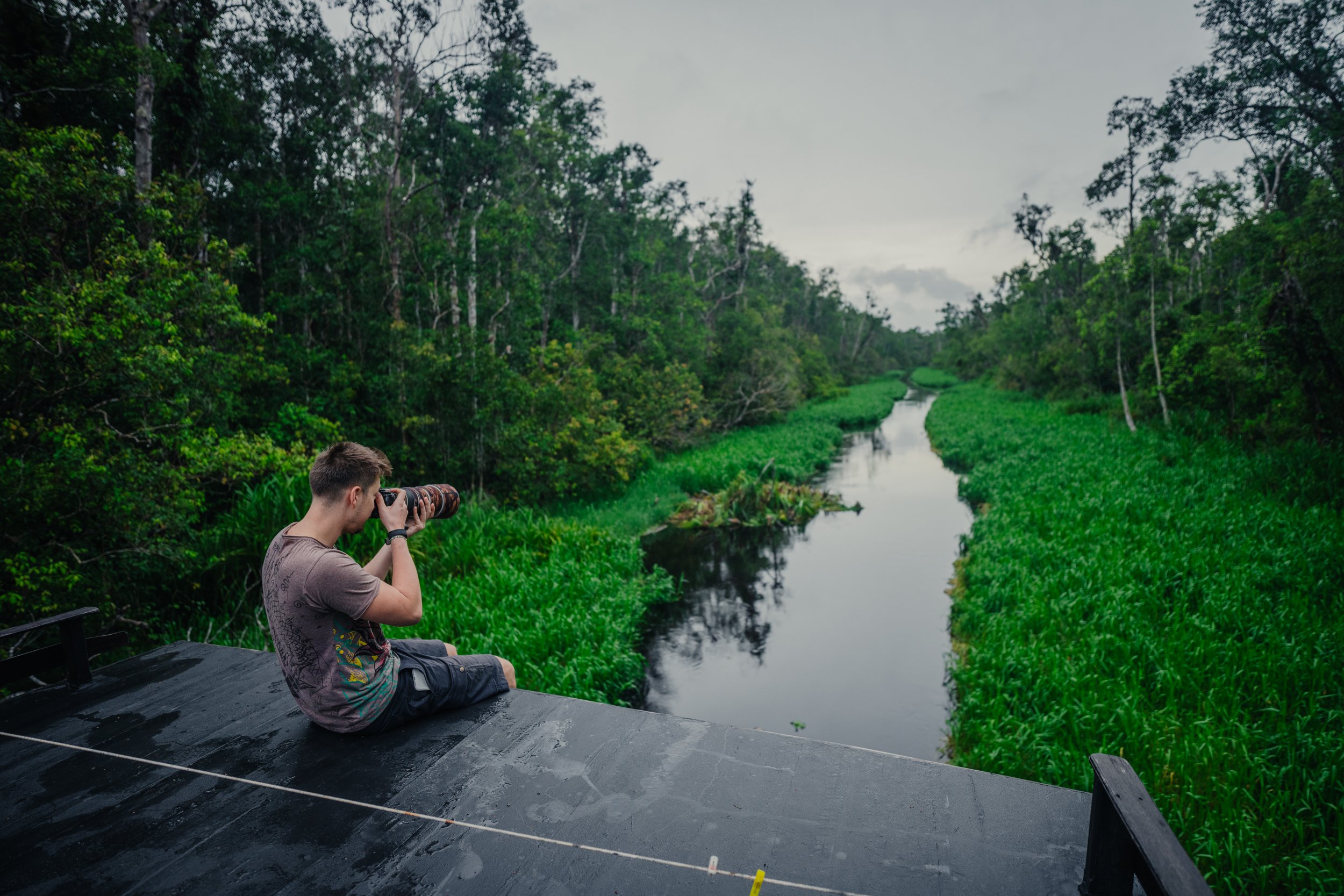
Accommodation
During this trip, we’ll be based on our own private house boat mostly situated on the Sekonyer River, which flows directly along the Northern boundary of the National Park. From the house boat we’ll make daily excursions into the jungle on foot.
The middle deck of the boat has multiple spacious living areas and is the place where meals are served by our onboard cook and kitchen staff.
The front of the middle deck is the perfect spot to relax on the bean bags, read a book and observe the wildlife along the riverside. You might be lucky enough to spot a cheeky long tail macaque, or kingfisher (we’ll see lots of these). While the back of the boat features a comfortable u-couch where you can kick back and take in the surroundings.
Come night, the middle and the back decks are converted into communal sleeping areas and draped with mosquito nets to sleep up to seven people.
This is the most unique sleeping experience, as you’ll be fully immersed in the forest.
Due to the nature of the houseboat, single/private rooms are not available. Please make sure you’re comfortable with communal sleeping before applying for the expedition.
Who is this trip for?
Are you looking for an adventure? Do you want to connect with nature on a deeper level? Do you want to step outside your comfort zone and join a group of like-minded travellers for a week of jungle immersion? Yep, then this is the trip for you!
Who is this trip not for?
If you’re looking for a luxury experience or are uncomfortable with sharing spaces, this might not be the trip for you. Our houseboat is extremely comfortable, but it’s no 5 star hotel and you’ll be sharing it with your fellow travellers and guides for a week.


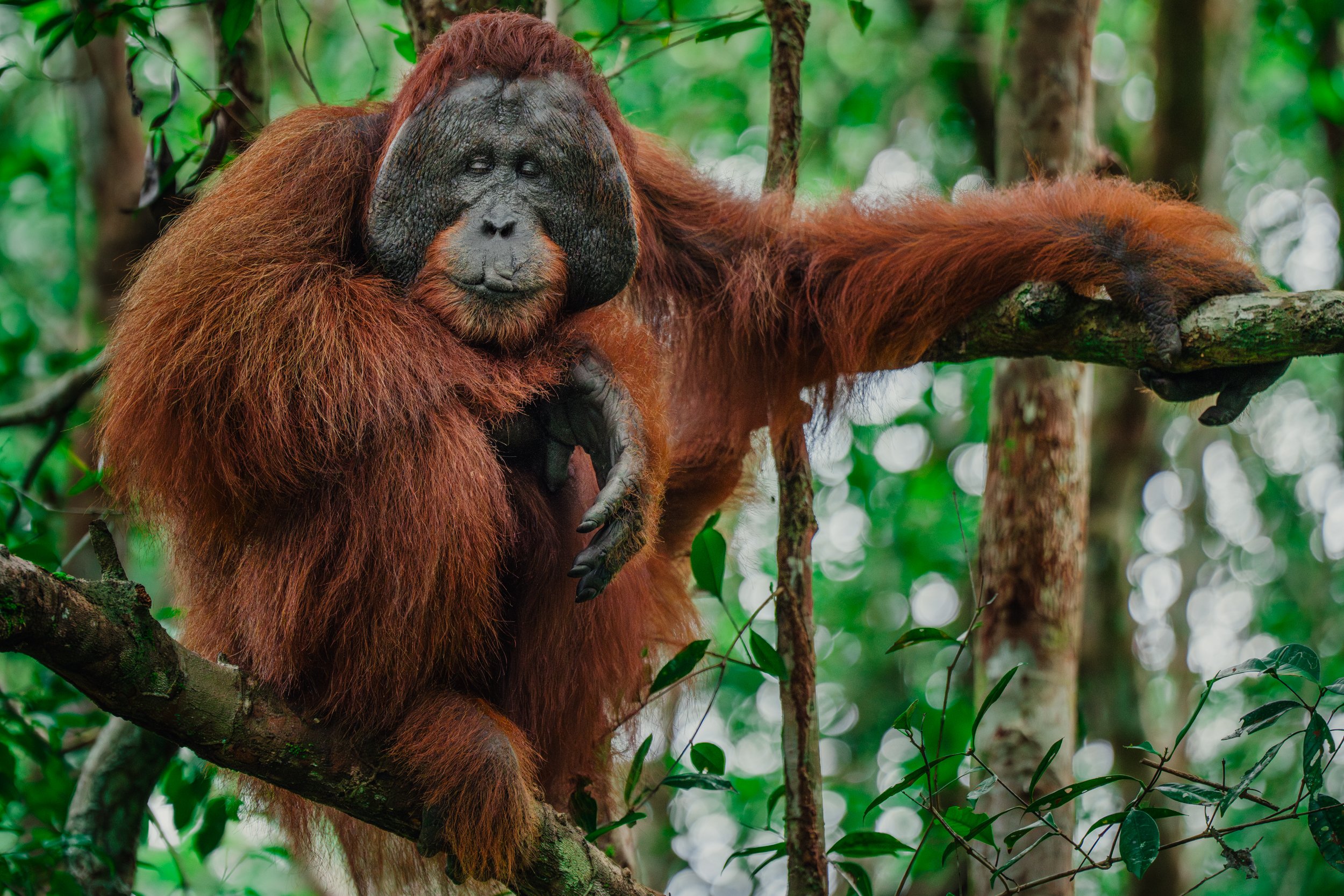
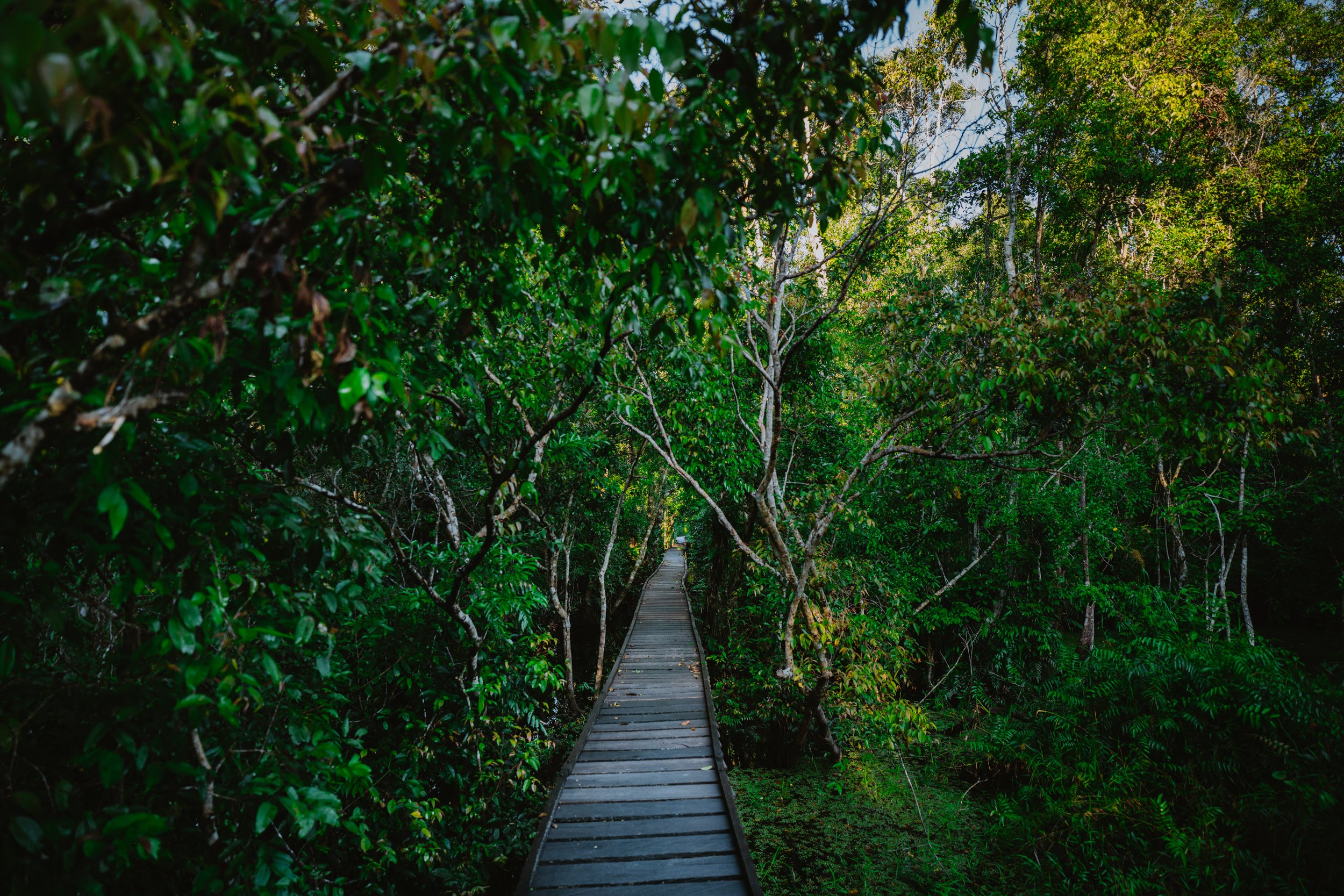


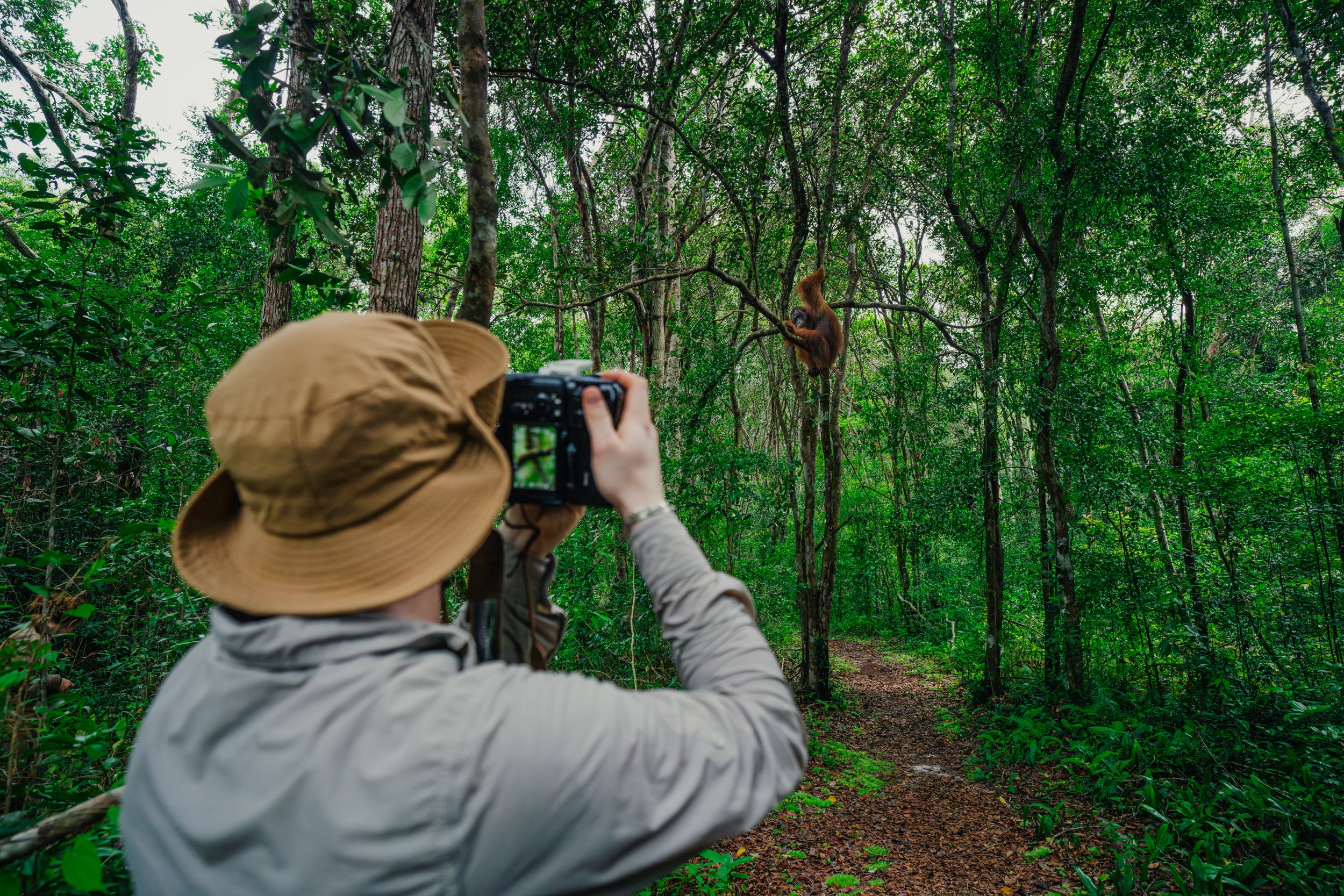
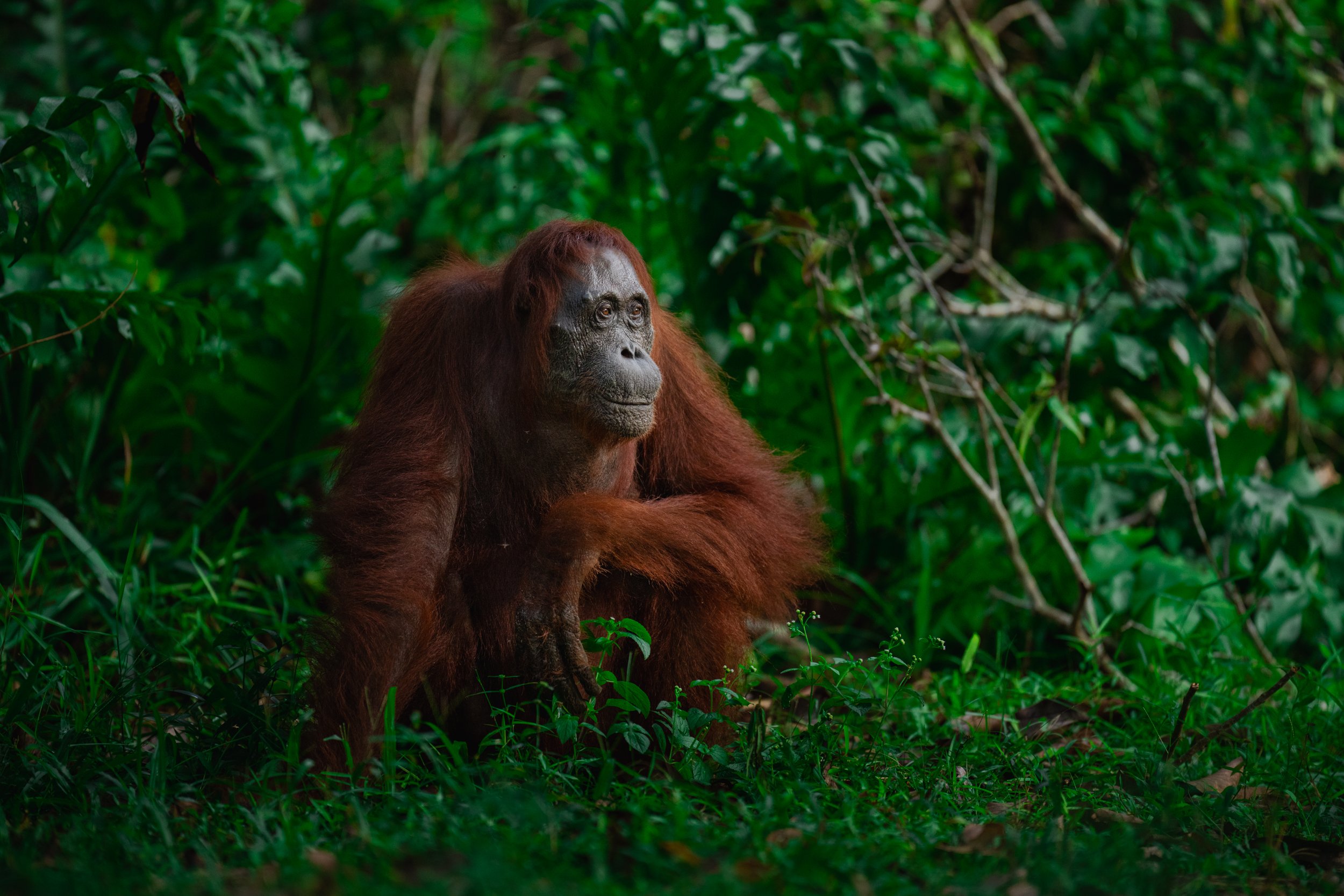
Photography & Editing
This trip is about helping you to elevate your connection to nature and to hone your visual skills. For us, we do photographic trips because we want to inspire our guests to look at the world in a different way and to encourage you to share your own vision for telling stories of nature through photography.
As instructors our style is very much participatory and curated for each individual student. We'll teach you our distinct methodology for creating aesthetic and artistic portraits of animals that tell a story and connect to important topics like conservation and protecting nature.
You don't have to be a professional photographer and you don't need any real photography experience. You can come to learn from the start if you like and we'll be sure to spend the extra time with you to ensure you can enjoy each wildlife encounter, but also be able to capture incredible portraits with your camera as well.
Daily editing sessions and lessons will enable you to transform your photos into images with impact, whether you’re editing for artistic or documentary purposes, we’ll teach you our approach to post-processing.
There's no better way to learn than by doing and we’re excited to be your coach out in the field.
What you’ll learn:
The best approaches for setting your camera and optimizing your workflow to capture wildlife and conservation portraits.
Best practices for many different lighting scenarios and specifically how to get the most out of your camera in low light.
How to read animal behaviour and anticipate movements in order to create striking compositions across various landscapes and terrain.
How to see differently in order to capture unique compositions and portraits of subjects that truly help you connect with the essence of their character.
Mastery of post-processing techniques for creating balance and consistency across your entire portfolio. Going beyond just editing, we'll go through our entire outlook on visual advocacy and the power of editing to bring out the character or any subject. We'll take a deep dive into the power of editing and we'll help you develop your own approach.
You'll learn how to experience nature through photography. An immersion into the jungle.
Daily masterclasses in photographic techniques & theoretical and practical editing sessions will enhance your storytelling and visual communication skills.

What is the vibe?
You can expect the atmosphere to be a balance of light-hearted moments and outbursts of laughter mixed with intimate and often emotional connectivity with nature, shared and experienced with a group of like-minded people who you will soon call your friends.
Every trip we've ever hosted has resulted in connections that go far beyond the time we spend together. I mean, hey, we all love animals and nature, so of course, we're going to get along!
Conservation Partner
This trip is not only about photography of the wildlife - it's about giving back to the forest as well.
Since 2019, we’ve partnered with Friends of the National Parks Foundation (FNPF) to help promote their work on the ground in Borneo.
A key component of the photography workshop will be spending two days with our friends at FNPF learning about their reforestation practices (unanimously listed by previous participants as a highlight of the trip).
We'll get our hands dirty planting trees, collecting seedlings for the nursery from the forest, and looking more closely at the jungle from a reforestation perspective. During these two days at the end, you'll cultivate a deeper respect for the forest, which will make the trip overall so much more meaningful.

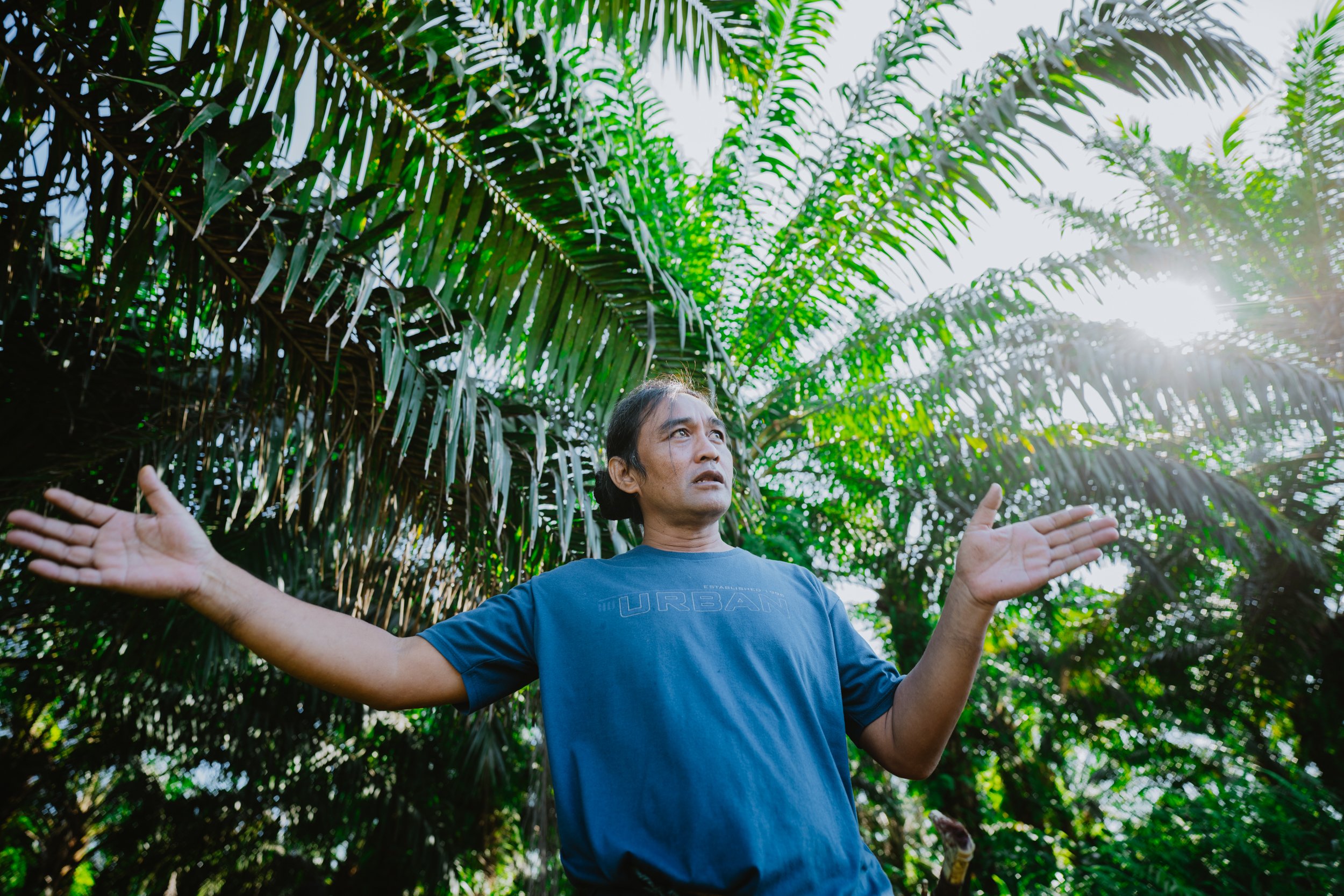

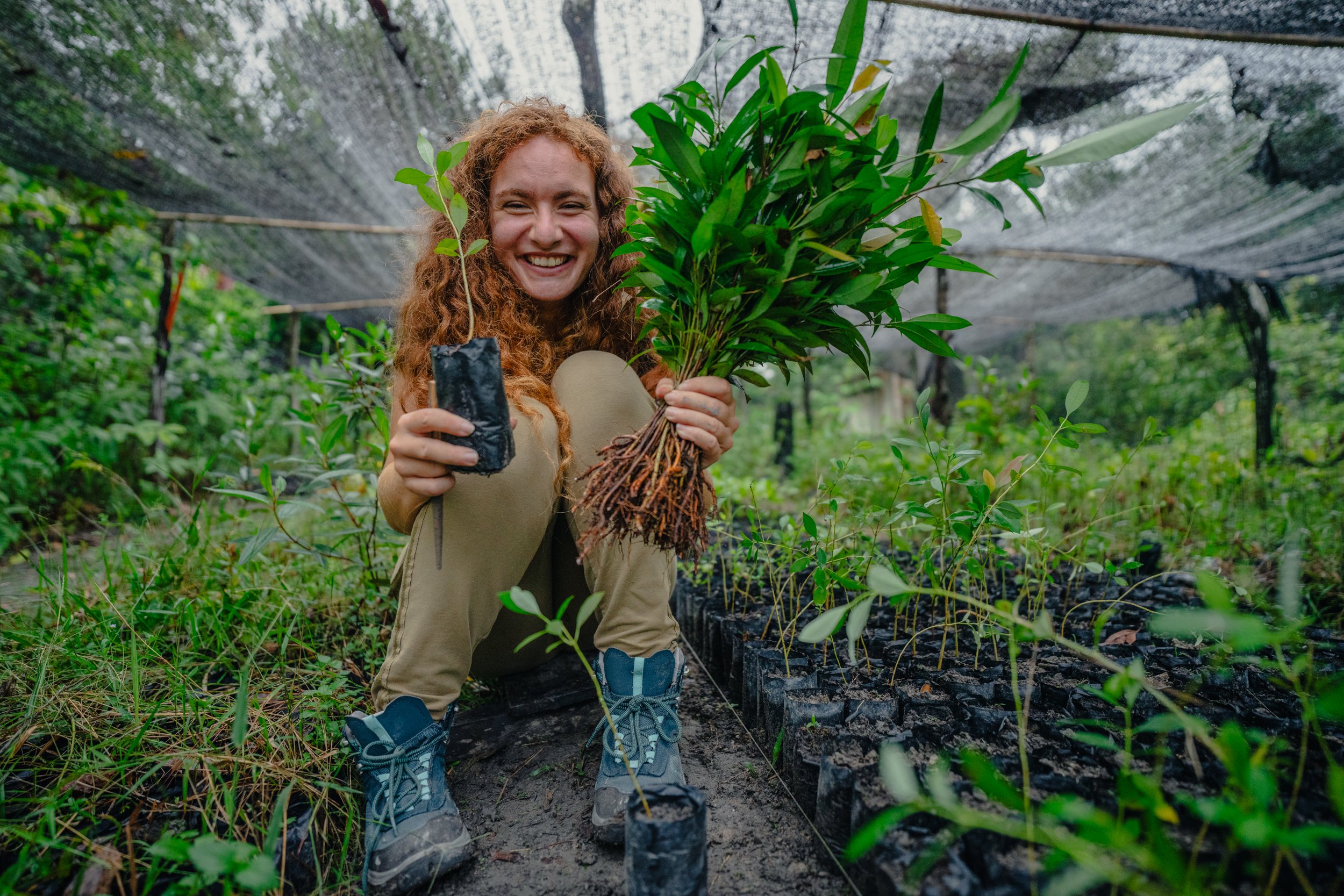
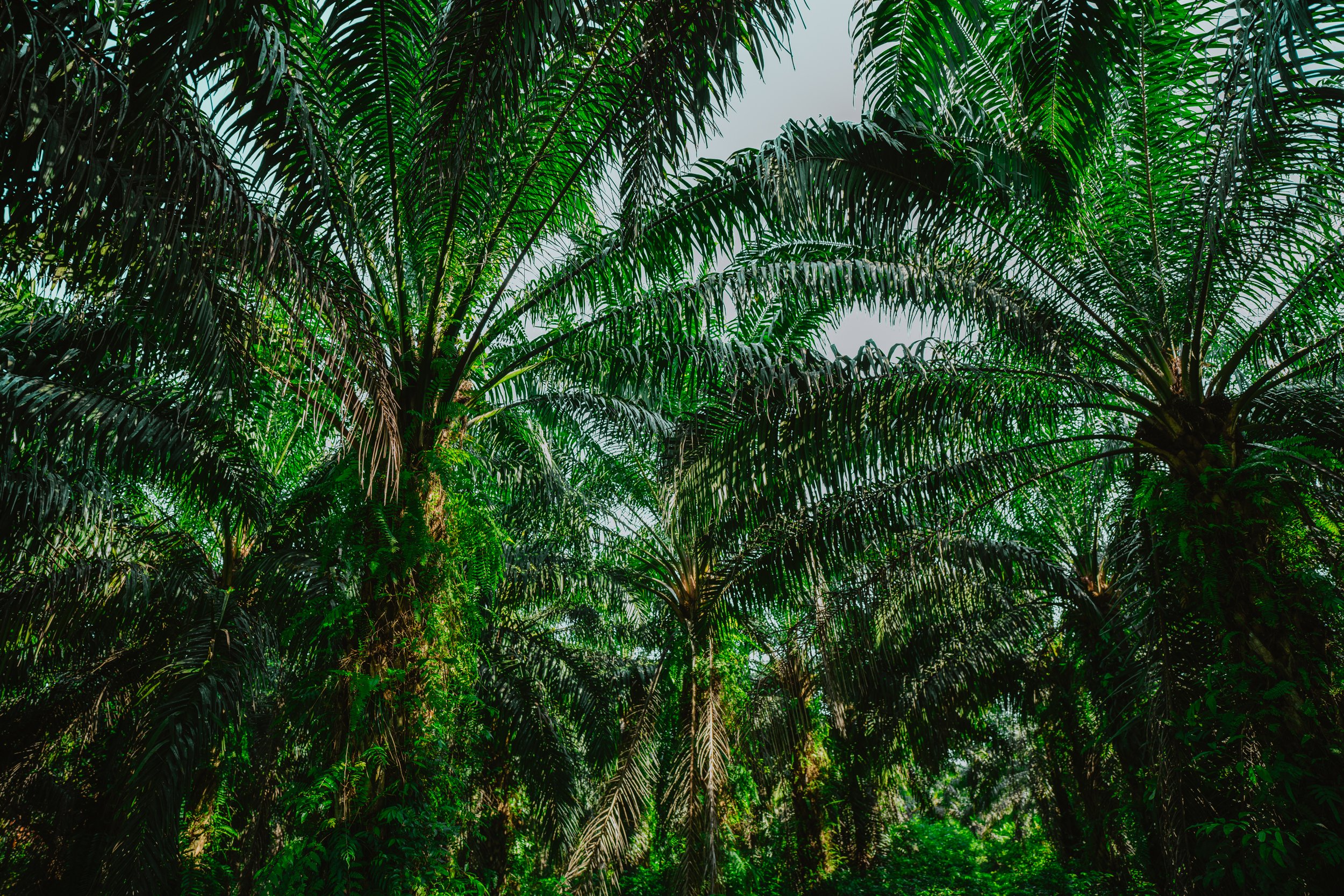


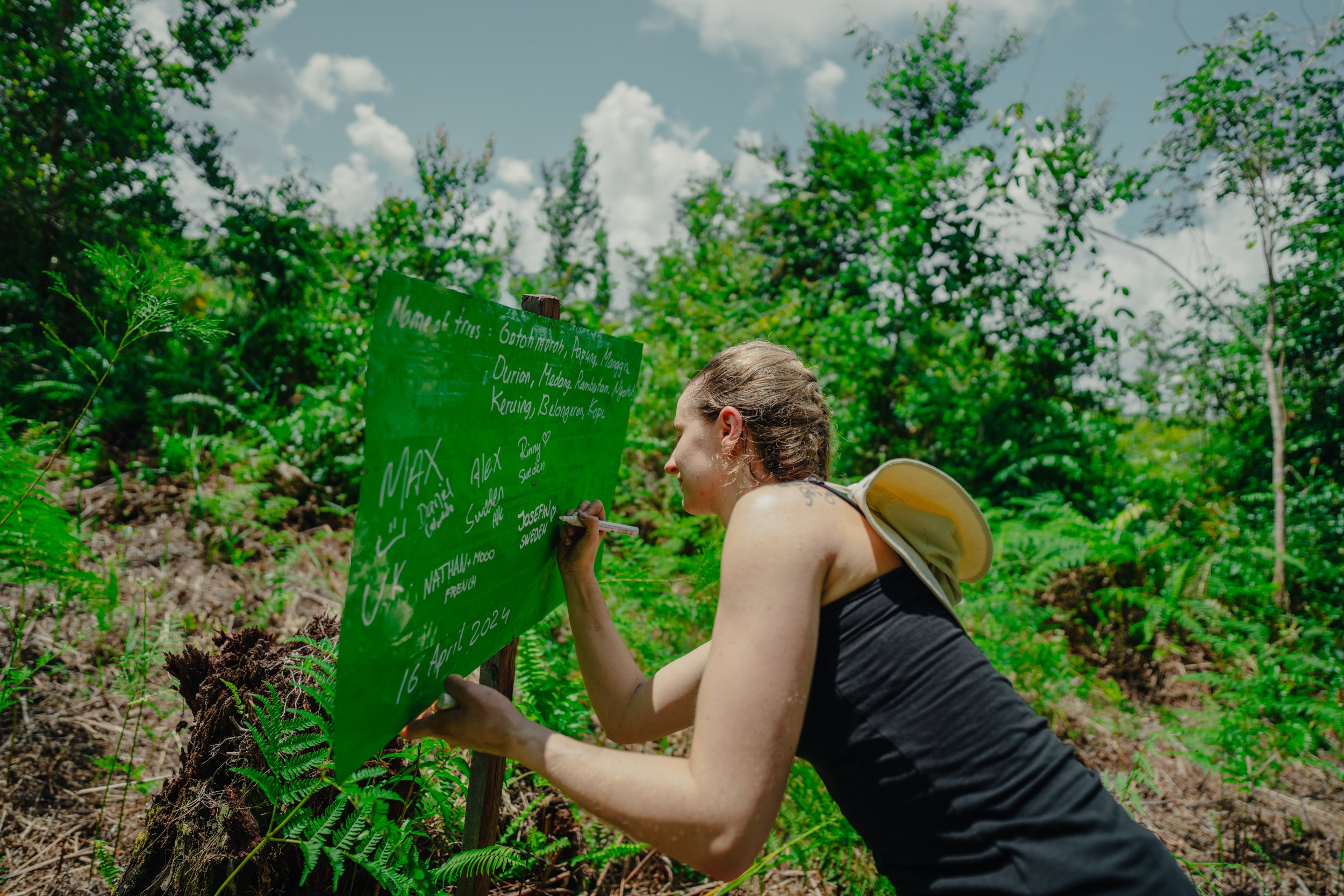


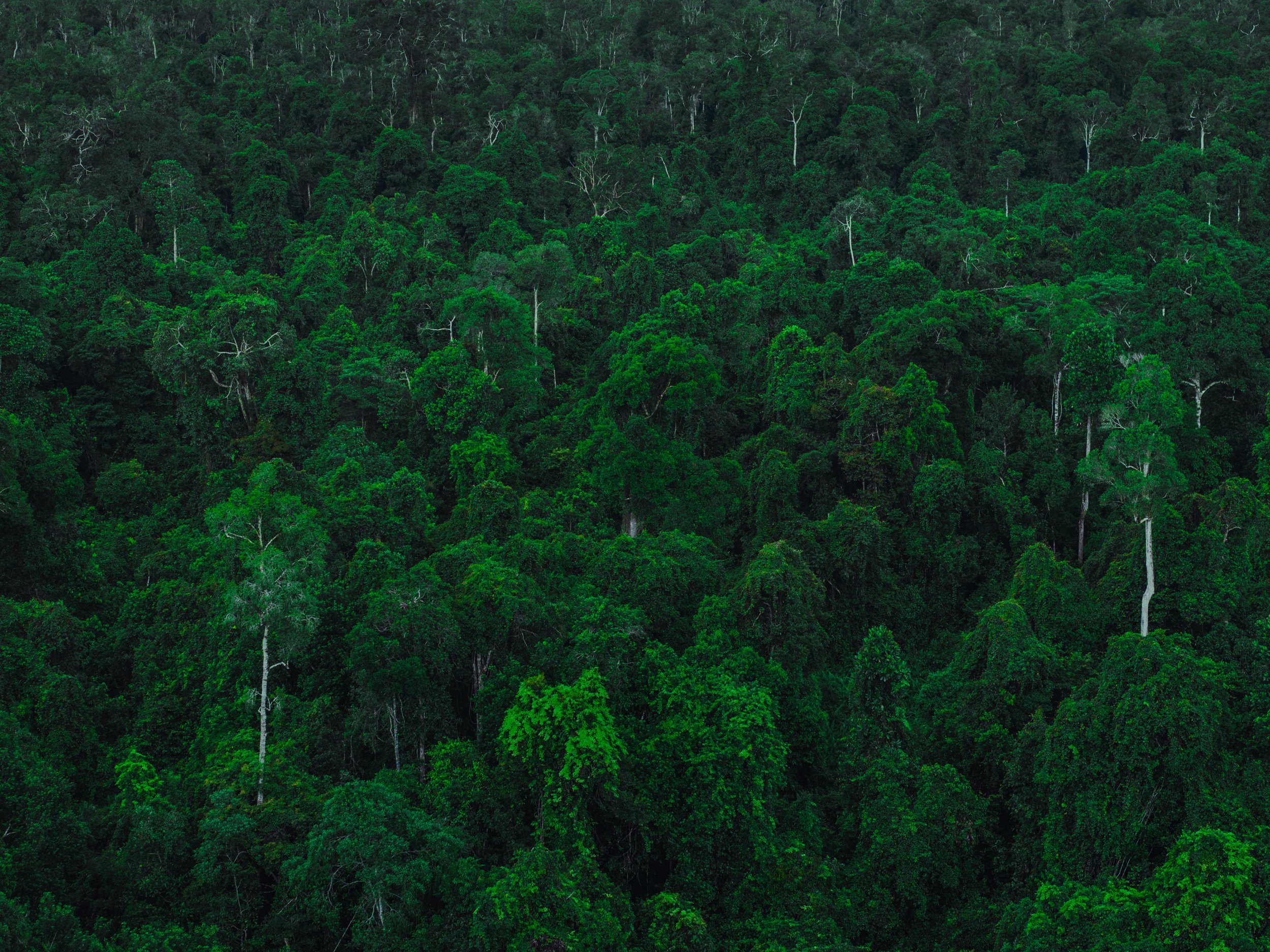

Costs
The total price for the 9 day / 8 night trip is
€6100 per person
50% deposit is required to secure your place. Final payment is due 60 days before departure.
Payment plans are available, please inquire.
Included:
All meals (fully plant-based) and accommodation for the duration of the workshop - the houseboat based on the Sekonyer River for the duration of the trip & the first night at our meeting location at a hotel in Pankalan Bun.
All National Park permits and fees.
Transfer to your hotel/guesthouse or airport in Pankalan Bun on the first and final day of the trip.
Photography and storytelling lessons both in the field and through extensive editing sessions.
Excluded:
Airfare to/from Pankalan Bun (Iskandar Airport).
Travel Insurance (required).
Alcoholic beverages.
Tips for boat crew (suggested €150)
Itinerary
Each day we'll adjust the schedule depending on wildlife opportunities that we become aware of, the weather, and the desires of the group to explore the jungle.
Our usual schedule will involve taking advantage of the early morning and late afternoon to photograph the wildlife in the best light. During the middle of the day, there’s the option to relax on the top deck of the house boat, which you can spot birds, monkey's and more.
—
Day 1: You should plan to arrive to to Pankalan Bun on Day 1 of the trip or any day beforehand. We’re happy to suggest hotels if you plan to arrive the day before. We will pick you up from the airport.
The journey begins at our hotel accommodation on the first day in Pankalan Bun. We'll get the chance to meet as a group, get together for dinner, and speak about our plan for the exciting days ahead! Hotel details provided in pre-trip briefing.
Day 2: In the morning, we'll transfer from the hotel to the house boat in the port district of the Kumai. We'll settle into our new floating home as we make our way to the mouth of the Sekonyer River, bordering the National Park.
Day 3-6: Full days exploring the jungle. Cruising up and down the Sekonyer in search of wildlife, experiencing the jungle sounds and sights, and immersing ourselves in nature. We'll mix in a balance of relaxing on the boat, trekking through the forest on foot, and more. For 2 full days within this timeframe, we'll take speed boats to a few unique locations, but the specific days and spots depend wildlife movements. Night walks, jungle treks, and general sightings all dependent on what the group desires daily.
Day 7: Conservation Day 1: In the morning we'll cruise back up the river in search of wildlife along the edge of the forest on our way to the FNPF project site. We'll meet the staff for lunch at their facility and get an introduction to my friends (the FNPF team). They'll share with us some stories of their work, the history of conservation in the region, and details about their reforestation program.
After lunch we'll head into the nursery where the FNPF team cultivate seedlings collected from the forest. We will help plant seedlings, while keeping an eye out for wildlife around their project site (hornbills, anyone?). After the sun sets, we’ll have dinner before returning to our boat.
Day 8: We’ll head back to the FNPF site early in the morning, where a delicious breakfast will be waiting for us. After breakfast, the team will take us to visit a palm-oil plantation to gain a deeper understanding of the complexities surrounding protecting the forest. Afterwards, we’ll do some tree planting ourselves - a beautiful way to finish our time together. We’ll enjoy one more meal prepared by the FNPF team before heading back to our home of the past week.
Our last afternoon, we’ll simply enjoy cruising down the riving, keeping our eyes open for any last wildlife sightings and we’ll share memories and beers/cold drinks to celebrate a incredible adventure.
Day 9: We'll slowly make our way back towards the port in Kumai. All good things have to come to an end, but we'll have just come away with a new appreciation for the jungle and our role in protecting it. Taxis to the airport or hotel will be arranged. We recommend not booking the early flight out, so we can enjoy a last morning together, but if you do have to fly out early, we can arrange an early transfer.
Questions?
Check out our FAQ. If you can’t find the answer you’re looking for, feel free to reach out and contact us on info@atlas1expeditions.com or via instagram @atlas1expeditions. We’re happy to help!





